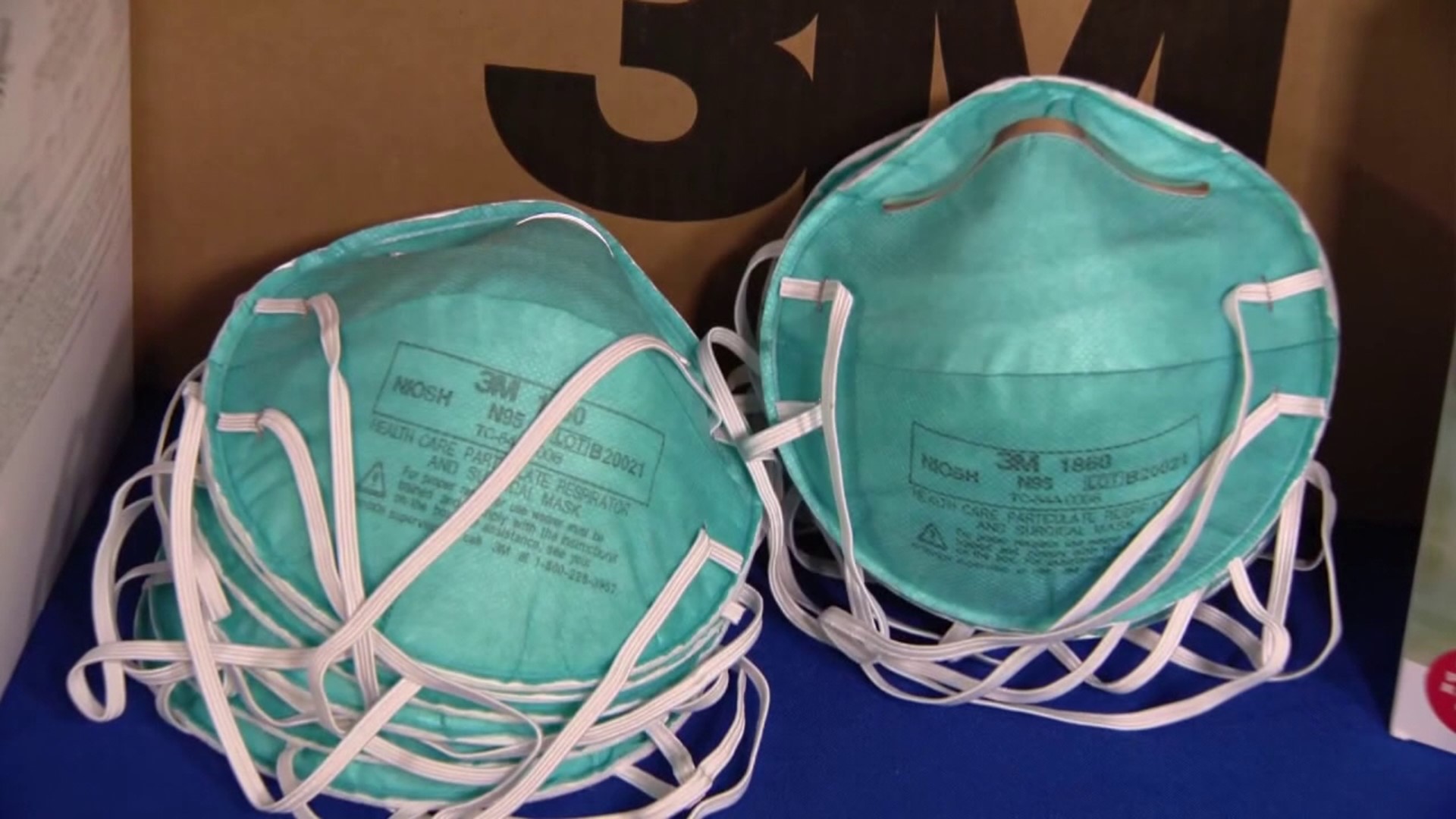SCRANTON, Pa. — The Centers for Disease Control and Prevention recently released new guidance on face coverings, saying multi-ply surgical masks are more effective at preventing the spread of COVID-19.
The University of Scranton welcomes students back to campus on Wednesday for the spring semester.
Students must be fully vaccinated and are now required to wear an N95 or KN95 mask. If not, they have to wear two masks, a cloth mask under a regular surgical mask.
Some students are questioning the change.
"If the vaccine works and it's effective, then I don't see a whole point in us having to wear a mask," said Daniel Wolfinger, a senior at the University.
University officials said students have been cooperative, and 97% of the campus is vaccinated, but the school is committed to following CDC guidance.
"With the coming of the spring semester, our goal is for in-person classes," said Stan Zygmunt, the school's Director of Media Relations. "In order to do that, we have to do our best to keep the campus community safe."
Dr. Alison Brodginski, Director of Infectious Diseases for Geisinger's Northeast region, said the new CDC data highlights the different levels of protection masks can provide.
"I can understand why some people, and perhaps organizations, are starting to think about 'maybe I should really start to think about the type of mask,'" Brodginski said.
N95s and KN95s are better at blocking out particles in the air. The masks also help keep the water droplets we breathe out from getting into the air.
While vaccination is still the best protection, Brodginski said the recent COVID-19 surge makes masking even more important.
"When you are fully vaccinated, that masking then kind of becomes questionable as to is there a benefit," she said. "Unfortunately, we're still in that high community transmission range."
But students said the newly-required masks have been hard to find, and they're coming at a high cost.
"A lot of people have spent money right off the bat to get them, and if it continues, I can see that being a major cost for the students here," Wolfinger said.
University officials said they're working on a system to distribute masks to students.
Dr. Brodginski noted while N95s and KN95s are disposable, you can save money by extending the life of the masks beyond a day. She recommends drying them out in a paper bag.
Brodginski said the type of mask isn't as important as how it's used.
"Finding something that fits well, you don't have gaps around the edges and is comfortable enough that you are going to consistently wear it; they're the key pieces," she said.
Other local colleges are adjusting masking policies, as well. Misericordia University is requiring KN95s and asking students to bring a supply of them when they return to campus.
King's College in Luzerne County is recommending KN95s, but students without them will have to double mask.
Watch more stories about the coronavirus pandemic on WNEP's YouTube page.

